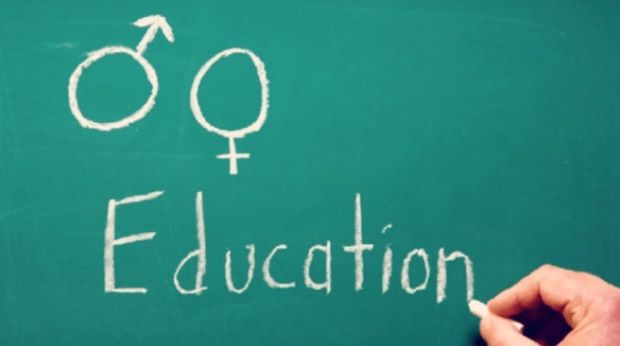COLOMBO –Sri Lanka’s legislators have politicized the topics of rape and violence without addressing the elephant in the room, Jeevan Thondaman, Minister of Water Supply and Estate Infrastructure Development said in Parliament on Monday (4).
“All the members here are talking about rape. What happens after that? We must talk about abortion rights. That is not something anyone wants to touch on, and that is why we are in this place right now,” Thondaman said, noting that despite alarming statistics on rape and violence, women were often blamed and punished for it. “The criminalization of abortion is a major example of this,” he said,
Sri Lanka has some of the most restrictive abortion laws in the world, Thondaman said, highlighting a 2016 estimate by the Ministry of Health that showed approximately 658 abortions take place a day in Sri Lanka, and close to 250,000 a year.
“That’s 250,000 women whose lives you are endangering,” the minister said, adding what was needed at this point in time was comprehensive sexual education (CSE) for children and young people.
“Only through CSE in schools will children and young people develop, accurate, age-appropriate knowledge attitude and skills; positive values such as respect for human rights, gender equality, diversity and attitude and skills that contribute to a safe, healthy and positive relationship,” he elaborated.
Thondaman pointed out that CSE plays a pivotal role in preparing young people for a world where HIV, AIDS, sexually transmitted infections, unintended pregnancies, and sexual and gender-based violence still pose a risk to their well-being.
“CSE basically empowers children to take control and make informed decisions freely and responsibly.”
Thondaman also highlighted the findings of a 2021 study (Fatalities_20211109_UNFPA) by the UNFPA and the University of Kelaniya that showed that a majority of women killed in Sri Lanka were murdered by those close to them.
He said 62” of homicides of Sri Lankan women are committed by either an intimate partner, ex-partner or family member, while 84% are killed in their own homes by someone they know.
Police and the judiciary have failed Sri Lanka’s women, the minister pointed out, explaining “Only 5% of these cases, between 2013-2017, were ever concluded. Men claim they were provoked, or are of unsound mind or have mental illness: These have been successful defences. And the Police often express sympathy to this narrative as opposed to that of the victim.”
Noting that Sri Lanka has a history of protecting oppressors, he pointed out that it takes 7-10 years for a child rape case to conclude, calling for the establishment of child courts are needed, he said, as well as several legislative amendments.
Thondaman said that the government was working on a new law to reform the domestic violence act, and reform of marriage and divorce laws to ensure there is an easier path to divorce, noting that no one should be forced to remain in a marriage that is either abusive or not healthy.
-economynext.com



Comments are closed, but trackbacks and pingbacks are open.